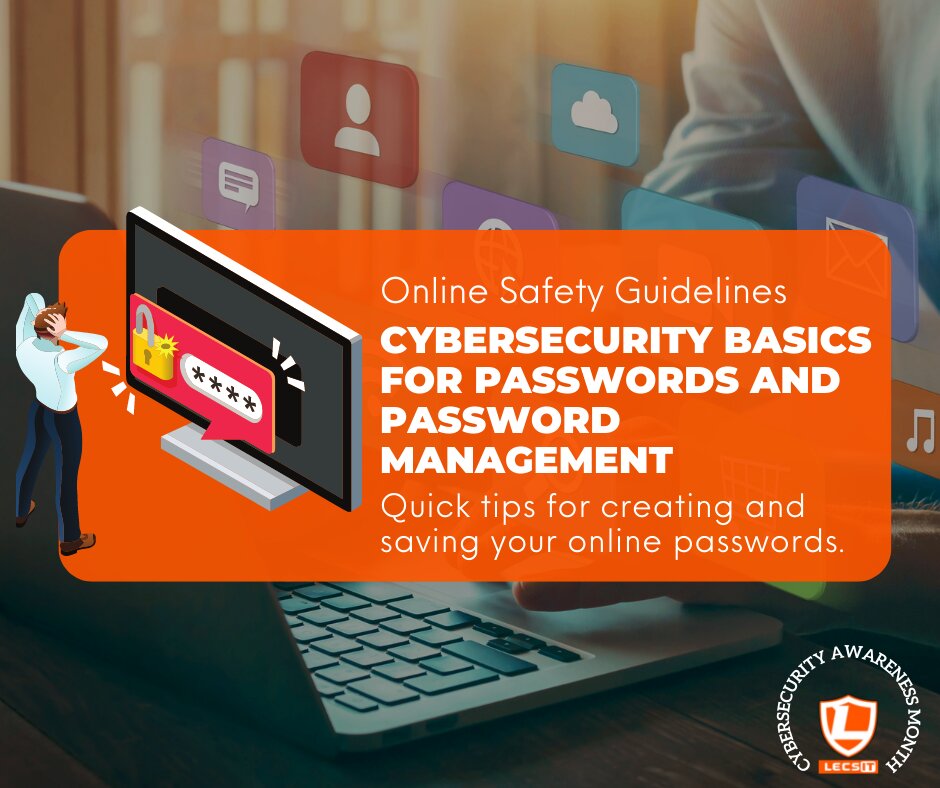 Creating long, random and unique passwords is a critical step to protecting yourself online. Using long passwords is one of the easiest ways to defend yourself from cybercrime. The most secure way to store all your unique passwords is by using a password manager. With just one password, a computer can create and save passwords for every account that you have — protecting your online information, including credit card numbers and their three-digit codes, answers to security questions, and more.
Creating long, random and unique passwords is a critical step to protecting yourself online. Using long passwords is one of the easiest ways to defend yourself from cybercrime. The most secure way to store all your unique passwords is by using a password manager. With just one password, a computer can create and save passwords for every account that you have — protecting your online information, including credit card numbers and their three-digit codes, answers to security questions, and more.
Stronger Passwords Increase Security
Use long passwords : Consider using longer passwords, mixed with symbols and numbers. The longer the password or passphrase the stronger. A good length is 12 characters long.
Don't make passwords easy to guess : Avoid using personal information such as your first name, last name or even your pet's name. Not only are they commonly used in passwords but these details can be found on social media, making it easier for an attacker to hack your account.
Use a long passphrase : Instead of a password, you can choose to use a passphrase, such as the name of your favorite book title or even a memorable event that took place in your life.
Make it unique : The more unique the password or passphrase the harder it will be for an attacker to hack into your account. Using symbols and numbers will also make your passwords stronger.
Double the login protection : Use multi-factor authentication (MFA) to add another layer of security when logging into your account. It's easy to setup and less risky. Essentially, this ensures that two pieces of information must be verified (eg. verifying a text message on your mobile device or an email) before allowing access to your account.
Use a password manager : A secure way to store all of your passwords is to use a password manager. With just one password, you can create and save passwords for every account that you have – protecting your online information, including credit card numbers and their three-digit codes, answers to security questions, and more.



